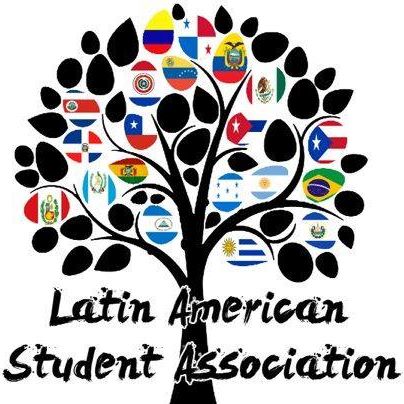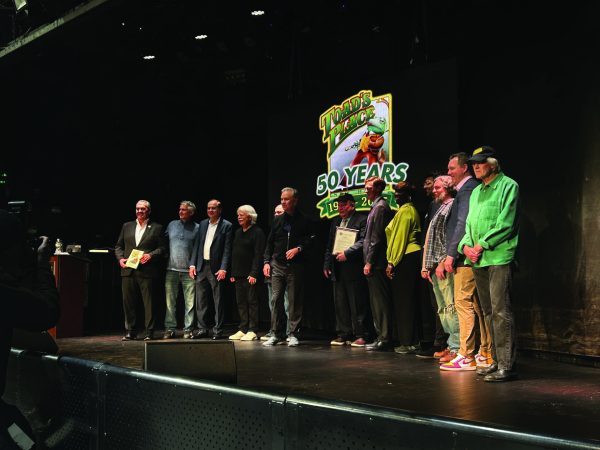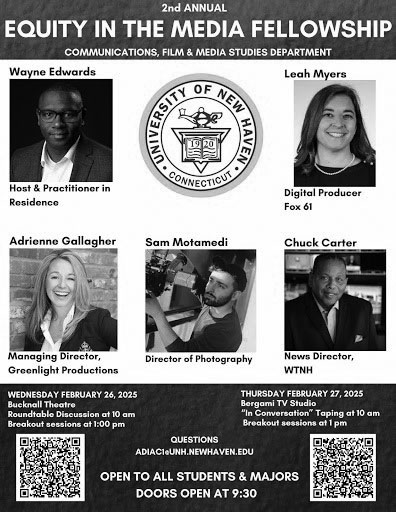LASA Presents: Tunnel of Oppression
On Monday, Nov. 6 a discussion on immigrant oppression in the United States educated students on mass deportation laws under the new administration and the obstacles undocumented citizens face in America. This was part of Immigration week, a series of events hosted by the Latin American Student Association (LASA) to bring awareness to the struggles immigrants face in America.
“People don’t want to be or choose to be documented,” said one student.
Students were given a number of short testimonies from immigrants about their blocked opportunities in this country as an undocumented citizen. Immigrants can’t get a job, a license, visit their homeland to see their family or get a quality education. Over 65,000 documented students apply for Deferred Action for Childhood Arrivals (DACA) each year. This program had allowed young adults a two year temporary stay to work or attend school in the U.S., until President Donald Trump issued an executive order to eliminate it.
There is a lack of English as a Second Language (ESL) programs in public education and a lack of federal aid immigrant students receive for a higher education. At some state universities immigrant students have to pay out-of-state tuition because they are still considered international students, regardless of how long they have lived in the states.
The U.S receives 88,000 visa applications a year, and only accepts a max of 10,000 applicants, placing thousands on a waitlist. The extensive process to receive a green card for temporary stay in the country can take years.
“My mom waited 15 years for a court date to get a green card,” said LASA President Cindy Zhunio.
After the judge called out and cancelled the scheduled court date, Zhunio’s mom had to wait another two years for a court date.
“We’re lucky, in some states it’s a 10 year wait,” she said.
After three to four court hearings, one may become eligible for a visa. Five years after having a visa, a person must complete a naturalization process and a series of comprehension exams before applying for American citizenship.
Later, a video was shown depicting the unlawful tactics of the U.S Immigration and Customs Enforcement (I.C.E.) in Arizona. I.C.E. is a federal agency that enforces laws regarding “border control, trade and immigration to promote homeland security and public safety.” In Arizona, 300,000 undocumented men and women live in fear of being unlawfully deported.
Under the Obama administration, immigrants were told that as long as they visit I.C.E. regularly and maintain their status as “upstanding members of society” they would be safe to live their lives in this country. After Trump took office, people would go in for their routine check ins with authorities and leave in handcuffs.
There were personal accounts where “I.C.E. raided markets like C-Town and local parks in communities that were predominately hispanic,” Zhunio said.
Undocumented individuals are being detained and deported based on minor criminal offenses such as not wearing a seatbelt or having a tailgate light out. Trump’s executive order cracking down on the finding and removing of immigrants allowed for “expedited removal of the undocumented without a hearing, trial or a judge’s approval” stated the video.
Immigrants living under the constant threat of arrest are not even given the the right to contact a lawyer. The words immigrant, illegal,and undocumented all have a social stigma attached the label.
“If you are human, how are you illegal…human rights is a thing,” Zhunio said. “Immigration reform, doesn’t take into account these stories of innocent men, women and children who seek out the American Dream. I hope people become more aware of different perspectives, and not stick in the point of view they want to see.”

Quiana Criales is a senior interpersonal communications major, with a double minor in criminal justice and sociology. On campus, Q is a member of Alpha...






